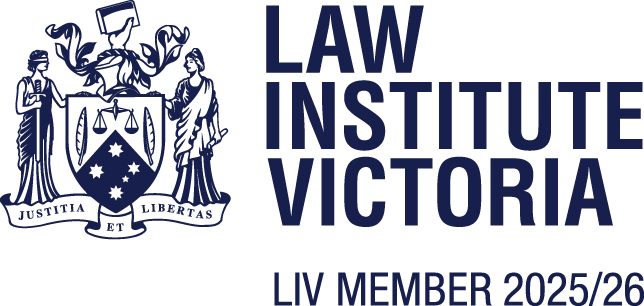
If you’re thinking about starting a business or going through some changes in your business, it’s good to think about what type of structure you want to use. In Australia we have 4 common types of legal business structure:
- Sole trader
- Partnership
- Company
- Trust
Each of these have their own benefits and drawbacks, it’s all about which one is right for you and your individual situation. Here’s a closer look at them now.
Sole Trader
A sole trader business is where there is one owner of the business and it is operated and run by them, this is the most popular structure for small businesses in Australia.
| Benefits | Drawbacks |
| This business structure is the easiest to set up and has low costs associated with it. It is also easy to change from this structure to another. | You have unlimited liability meaning that if something happens to the business your own personal assets are affected as well. Additionally, there are no tax benefits. |
Partnership
This is the same as the sole trader business but instead there are multiple owners of the business in the form of a partnership. We recommend having a partnership agreement in place so that it is clear how the structure of the partnership will work.
| Benefits | Drawbacks |
| This business structure is the easiest to set up and has low costs associated with it. Additionally, unlimited liability will not impact the owners as much, as any losses would be distributed between the different partners rather than the individual sole trader. | Unlimited liability does still apply meaning the partners will still suffer a loss just not as large as a sole trader. Additionally, full control of the business by an individual is lost and instead the partners have shared control. |
Company
Different from Sole traders and Partnerships, a business that is a company is its own legal entity and is not owned by an individual(s).
| Benefits | Drawbacks |
| Limited Liability, meaning that if there are losses within the business it will not affect the individuals running the business apart from any amounts unpaid from their shares, which is typically none. This is beneficial for high-risk businesses. Additionally, this structure is flexible and allows for the business to grow. | It is a complex and expensive process to set up a company. Additionally, the individual setting up the company loses their full control over the business and it is instead handed to a board of directors. |
Trust
To establish a trust a document called the Trust Deed will need to be created. In this document there will be a nominated Trustee who controls the trust and ensures the business’ profit is distributed to beneficiaries as according to the Trust Deed. Trustee’s can be either an Individual or a corporate trustee.
| Benefits | Drawbacks |
| If the trust has a corporate trustee they have unlimited liability like a company (this is not the case for individual trustees). Additionally, Trusts can take advantage of tax benefits. | Profits cannot be used to expand the business as they must be distributed as per the Trust Deed. Any additional profit will be taxed at the top marginal rate. Additionally Trusts can be difficult to dissolve or sell. |
We understand a decision like this can be overwhelming and a pretty big deal. Have no fear we’re here to help! If you have any questions or would like advice on your situation, please call us on 03 9548 5500.




No comments yet.